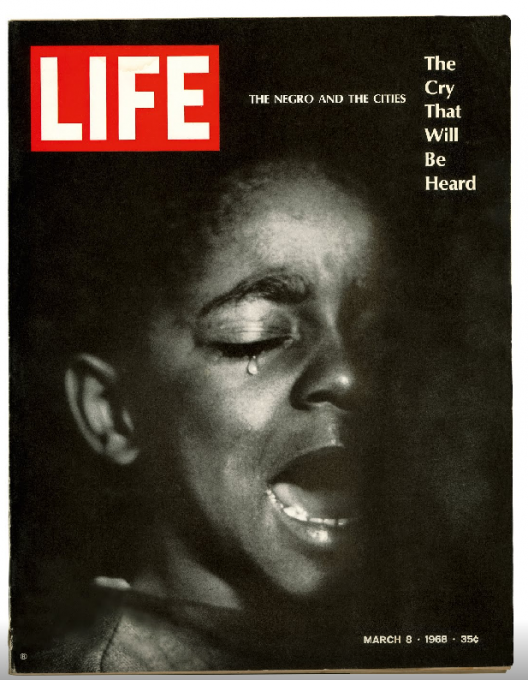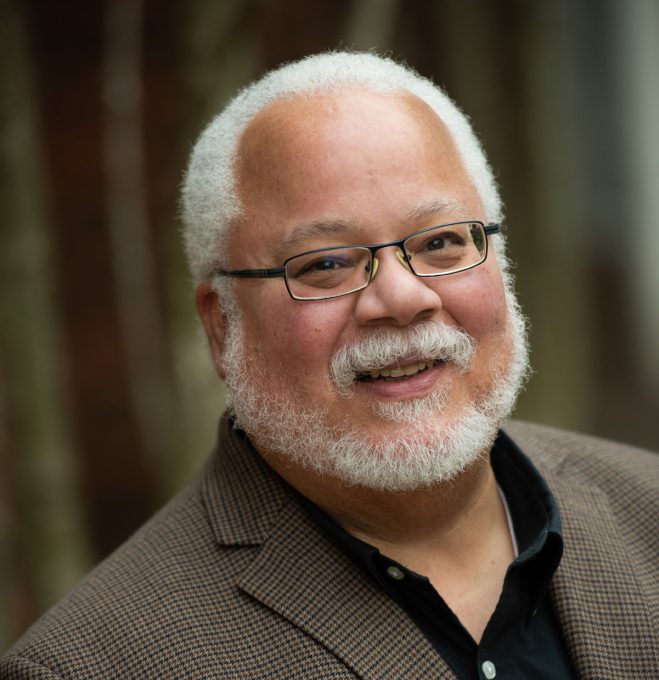
August 13, 2020
August 13, 7PM EST
FREE – Donations are kindly accepted

“An Ideal Family for the Story”: Gordon Parks, the Fontenelles, and the Perils of Empathy
Gordon Parks published “A Harlem Family,” one of his most powerful photo-essays, in a March 1968 issue of Life magazine. It was his attempt to answer an editor’s question: “Why are those people rioting?” Those people were, of course, young African Americans, and the “riots” that the editor referred to were the urban uprisings of the 1960s.
Parks, who was Life’s only Black photographer and writer for virtually all of his more than 20 years at the magazine, addressed the question by taking his readers into the lives of the Fontenelles, a deeply impoverished Harlem family. His photos and the text that he wrote to accompany them touched the hearts of many of the magazine’s overwhelmingly white readers. They sent hundreds of letters to Life’s editor and to Parks himself, praising the photo-essay and asking how they might help the Fontenelles. The photo-essay, that is, allowed readers to believe wrongly that the poverty, anger, and despair that many African Americans experienced could be meaningfully addressed on the level of individuals, rather than through systemic change. The tragic aftermath of “A Harlem Family” laid bare the perils of an individualistic approach to systemic racism.
Title: “The Cycle of Despair,” Life, cover | Date Created: March 8, 1968 | Location Created: Harlem, New York
John Edwin Mason is a photographer and historian who teaches African history and the history of photography at the University of Virginia. He is at work on a book about Gordon Parks and serves on the boards of directors of Everyday Projects and Women Photograph.
